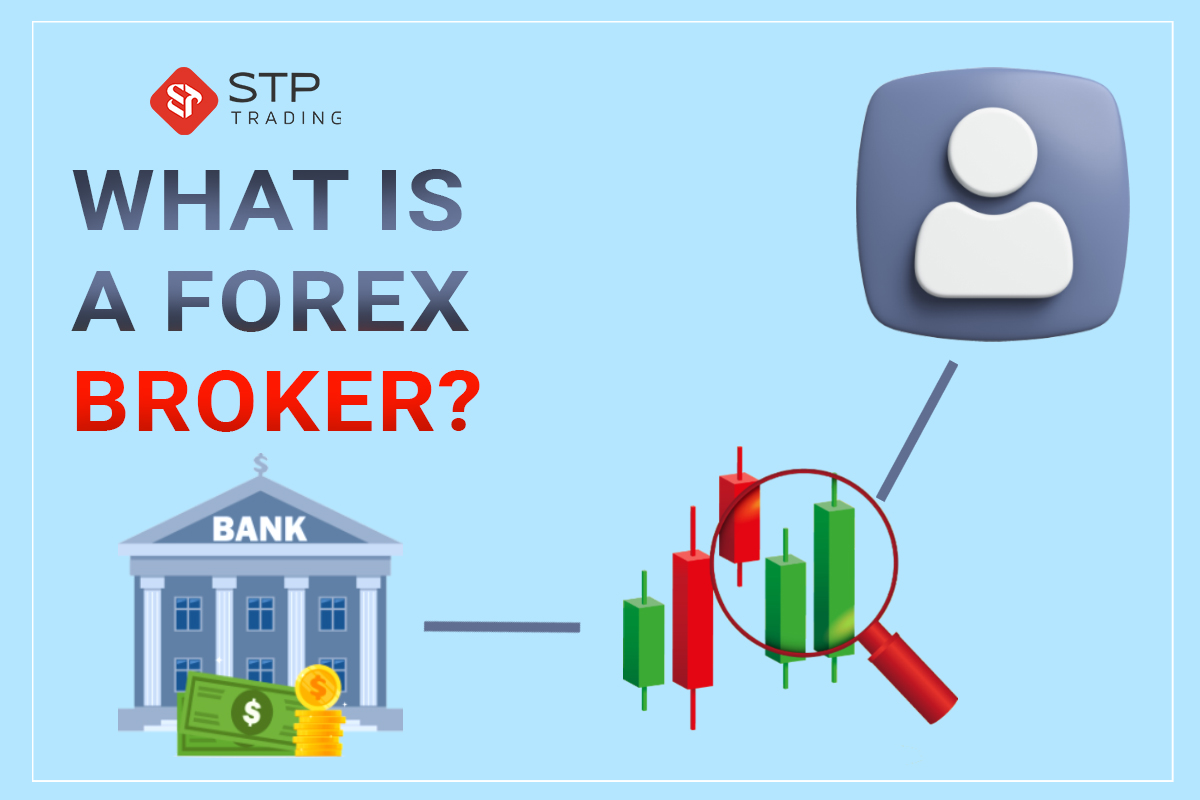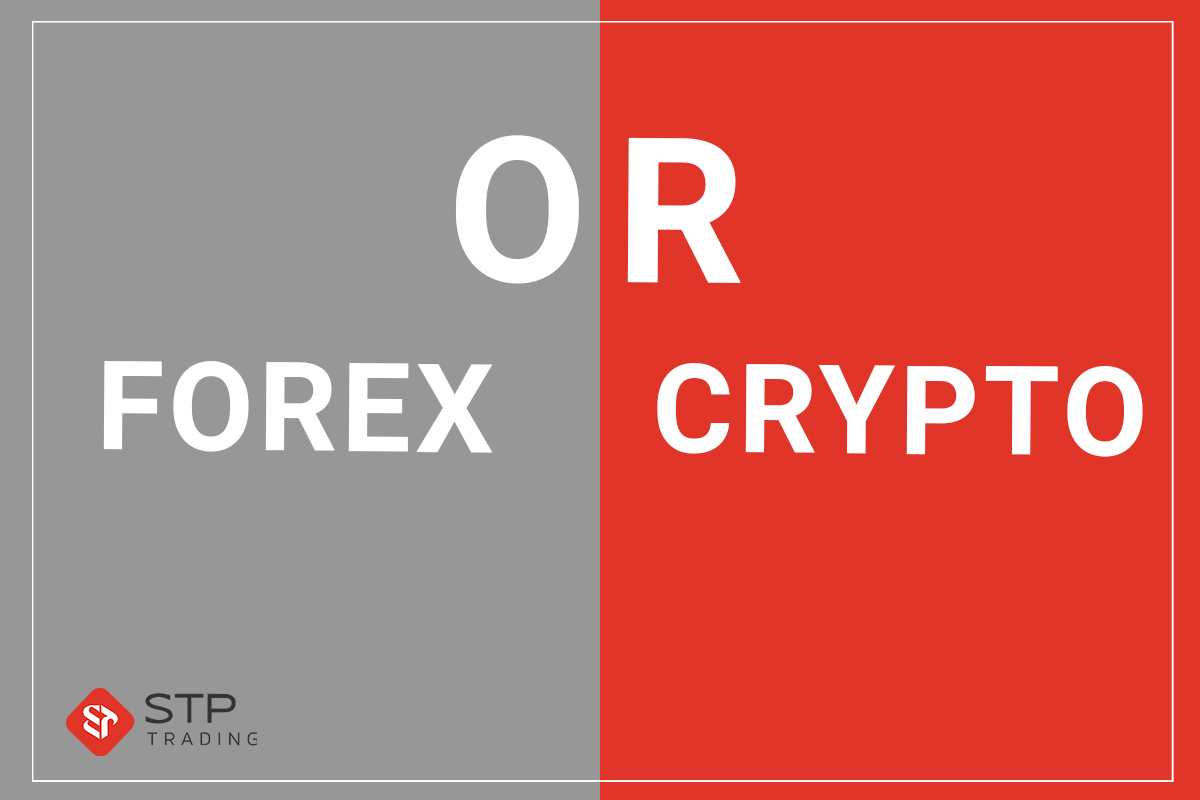
A trader is an individual who operates in financial markets and aims to generate income through buying and selling various assets. Traders typically work in investment firms, banks, investment funds, and various financial markets, including stock exchanges, forex, or digital currencies, using technical and fundamental analysis to make profitable decisions. They are usually well-educated and have sufficient experience in the financial field.
What skills are needed to become a trader?
To become a trader, you need the following skills:
-
Market Analysis:
Traders must possess the ability to analyze financial markets, understand price trends, and use technical and fundamental analysis to make decisions on buying and selling financial assets.
-
Risk Management:
Traders need to be skilled at managing risks associated with financial transactions and dealing with potential risks.
-
Quick Decision Making:
Traders must make quick decisions, especially during high-pressure situations, to act appropriately.
-
Experience:
Trading experience in financial markets and interacting with customers help traders evaluate risks and identify trading opportunities.
-
Communication Skills:
Effective communication skills are essential for traders to interact with others effectively.
-
Creative Thinking:
Traders should have creative and innovative thinking abilities to identify new trading opportunities using various analyses and tools.
Overall, traders need technical and practical knowledge, work experience, and communication and decision-making skills. Additional training courses and relevant certifications can help improve their skills and achieve professional goals.
How do traders operate?
Traders can operate individually or as part of trading teams within financial companies. Some individuals trade independently in financial markets, making their own decisions on buying and selling financial assets. In this case, the trader acts as an independent trader in the financial markets.
On the other hand, many traders work as part of trading teams within financial companies. In this scenario, traders, along with other team members, analyze markets, predict price movements, and make buying and selling decisions to achieve profits. Trading teams often employ advanced analytical tools for more precise market analysis and to achieve their desired profits considering various risks.
What types of traders are there?
Traders come in various types and can operate in different sectors of the financial markets. Here are some examples:
1. Day Traders:
They buy and sell assets within the same trading day, aiming to profit from short-term price fluctuations. They primarily use technical analysis to make trading decisions.
2. Position Traders:
They buy and sell assets with a long-term perspective, focusing on fundamental analysis to predict future market movements.
3. Scalpers:
They engage in rapid buying and selling of assets throughout the day to profit from short-term price changes. Scalpers rely on technical analysis for their trading strategies.
4. Algorithmic Traders:
They use automated trading algorithms and robots to execute buy and sell orders in financial markets. These algorithms are based on technical and fundamental analysis, aiming to capitalize on price movements.
Do traders use different methods to profit in financial markets?
Yes, traders use various methods to profit in financial markets, including technical and fundamental analysis, computational algorithms, mathematical models, market information, and data mining for market analysis and price prediction.
One of the well-known methods traders use for profit is technical analysis. They predict price movements by studying price patterns, technical indicators, and market charts. The assumption is that price trends in the past will continue in the future.
Traders can also employ other methods, such as fundamental analysis, which involves examining economic, political, and social conditions and their impact on financial markets. In general, traders use different methods and should choose the most suitable approach based on market conditions, trading risks, and their trading style.
What factors do traders consider when choosing a suitable trading method and aiming to achieve profits?
Traders consider various factors when choosing an appropriate trading method to gain profits in financial markets. Some of these factors include:
-
Market conditions
Traders need to select a suitable method for profit based on market conditions. For instance, in highly volatile and active markets, techniques like technical analysis and computational algorithms might be more effective.
-
Risk tolerance
Traders should take into account the level of risk they are willing to bear in their trades. Methods with lower risks may be more suitable for some traders.
-
Trading style
Traders must choose a trading method that aligns with their trading styles. For example, traders seeking short-term profits may utilize techniques like technical analysis and computational algorithms.
-
Experience
Traders should select a trading method based on their experience in the field. For example, traders with experience in working with computational algorithms may employ them to gain profits.
-
Cost
Traders need to consider the expenses associated with using different trading methods. For instance, methods like technical analysis and computational algorithms may have lower costs for traders.
What factors do traders consider to reduce risk?
To reduce risk in their trades, traders consider several factors, including:
-
Capital Management
Traders need to manage their capital effectively, determining the maximum amount they can invest in each trade and deciding how to allocate their capital across different trades. They also set leverage levels appropriately.
-
Market Analysis
Traders look for opportunities to reduce risk through market analysis. For example, if market analysis suggests that the price of an asset will decline in the future, a trader may sell their position to minimize risk.
-
Limit order usage
Traders can buy and sell their financial assets using limited orders at more certain prices, thereby reducing their risks.
-
Diversification in an investment portfolio
By creating diversity in their investment portfolio, traders can reduce the level of risk. For example, if they invest all their capital in a single asset, they would have a higher risk. However, by diversifying their investment portfolio, they can mitigate their risk.
-
Risk management
Traders must employ various methods such as using protective systems, setting stop-loss levels, and using simulation systems for risk management.
What are traders’ methods for market analysis?
Traders use various methods for market analysis. Below are some of these methods:
A: Technical analysis
In this method, traders collect information about price trends, trading volumes, patterns, and price levels using price charts (e.g., candlestick charts). By analyzing this data, traders can make predictions about market trends.
B: Fundamental breakdown
In this method, traders study news and events related to companies and markets to understand their impact on market trends and asset prices. For example, analyzing a company’s financial reports can help traders predict market and stock price trends.
C: Utilization of computational algorithms
In this method, traders use computational algorithms and artificial intelligence to predict market trends and price changes. For instance, neural networks and automated algorithms can be used for this purpose.
What is the difference between trading and investing?
Trading and investing are two different activities in the financial markets, each with different objectives and methods. Below are the main differences between these two activities:
1. Objective
The primary objective of trading is to profit from short-term price fluctuations in financial assets, whereas investing aims for long-term growth and higher returns on financial assets.
2. Timeframe
Trading is typically conducted over shorter timeframes, often within days or weeks, while investing involves longer-term commitments ranging from a few years to several decades.
3. Risk
Trading is often associated with higher risk due to the shorter duration of trades and the higher likelihood of sudden market changes. In contrast, investing generally carries lower risk because long-term commitments are less affected by sudden market fluctuations.
4. Approach to Transactions
Traders usually employ technical and fundamental analysis and use methods such as quick buying and selling and leverage to achieve profit. Investors, on the other hand, often rely on fundamental analysis and market research for decisions, and they may use long-term strategies such as investing in stocks, bonds, or real estate.
How to become a successful trader?
Becoming a successful trader requires a combination of skills, knowledge, patience, and experience. Here are some of the key factors that can help achieve this goal:
1. Education
Starting trading without sufficient knowledge can lead to significant challenges. To become a successful trader, one must learn analytical, financial, and marketing concepts and delve into market analysis and price forecasting. Various educational resources such as books, reputable websites, courses, and other learning materials can aid in this endeavor.
2. Appropriate methods
To analyze the market and make decisions about buying and selling financial assets, one must use suitable methods such as technical and fundamental analysis. Additionally, employing risk and capital management techniques can reduce investment risks.
3. Experience
Experience in trading is vital. Over time, one should become familiar with the market and analytical methods and apply this experience to future decisions.
4. Patience and perseverance
Trading is a dynamic and complex activity. To become a successful trader, one must be patient, and persistent, and avoid making impulsive decisions.
5. Emotion management
Positive and negative emotions can influence decision-making. To succeed as a trader, one must manage emotions and refrain from letting them affect decision-making.
How much income do traders make?
The income of traders varies and depends on various factors, such as expertise, experience, skills, trading volume, risk tolerance, and success in the market. For instance, a successful trader with years of experience and necessary skills who can handle market risks well can earn substantial profits.
Traders’ income is also influenced by the type of transactions and the market in which they operate. For example, traders in the forex market might have higher income potential due to its historically higher returns and more significant profit opportunities. On the other hand, traders operating in markets like digital currencies might have lower income prospects due to the higher risks involved. To earn a higher income, traders must possess the necessary skills, use appropriate methods, analyze the market effectively, and enhance their performance.









